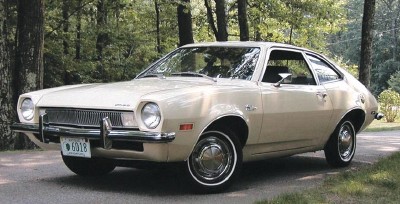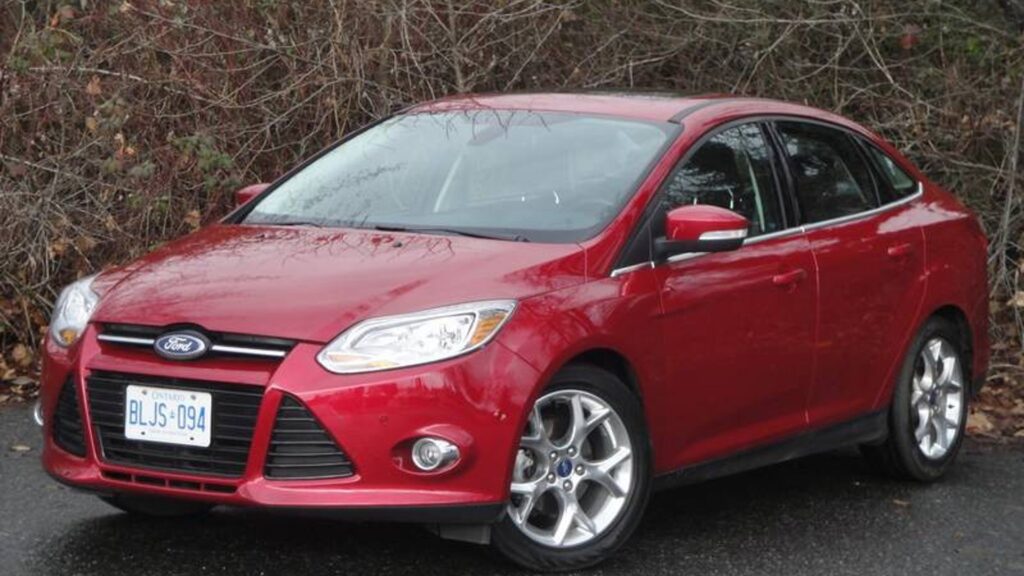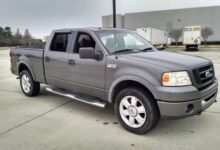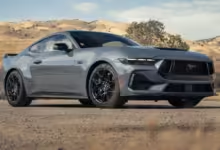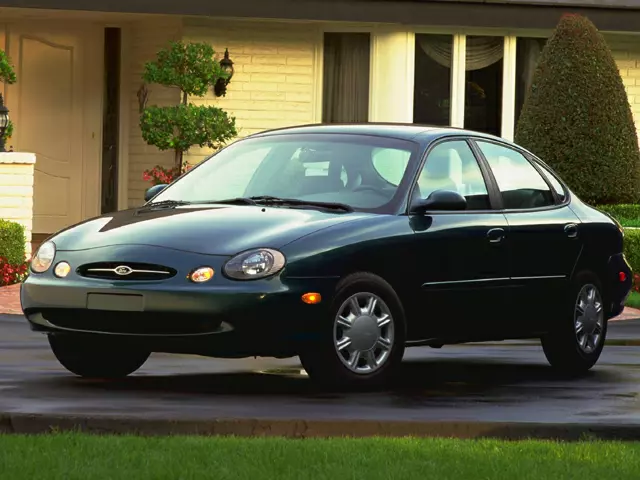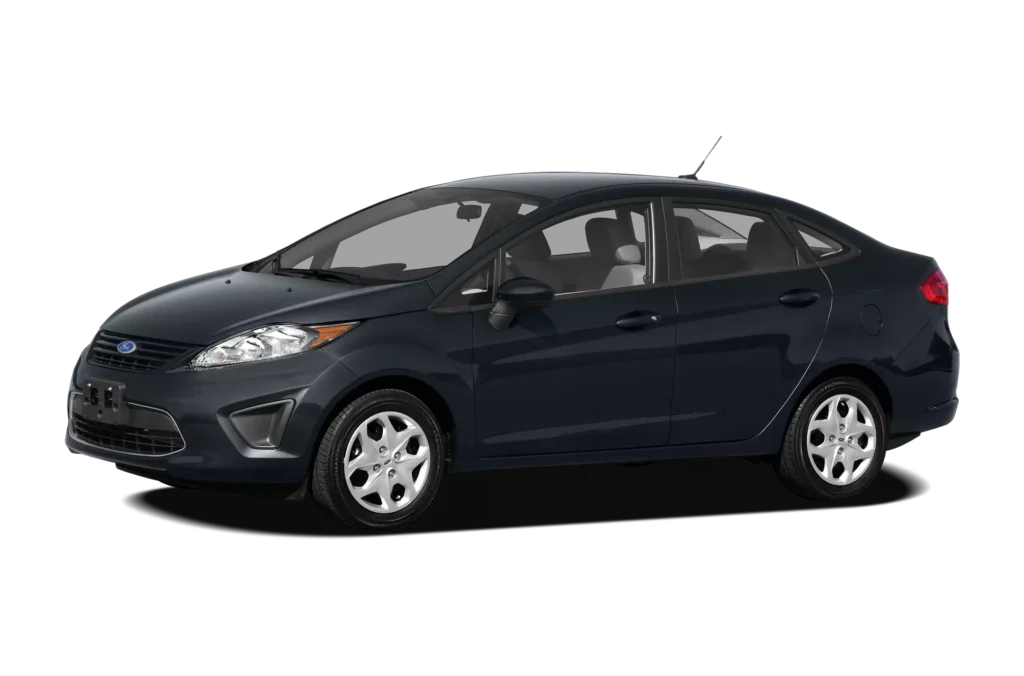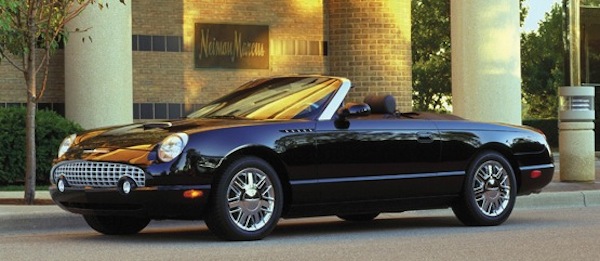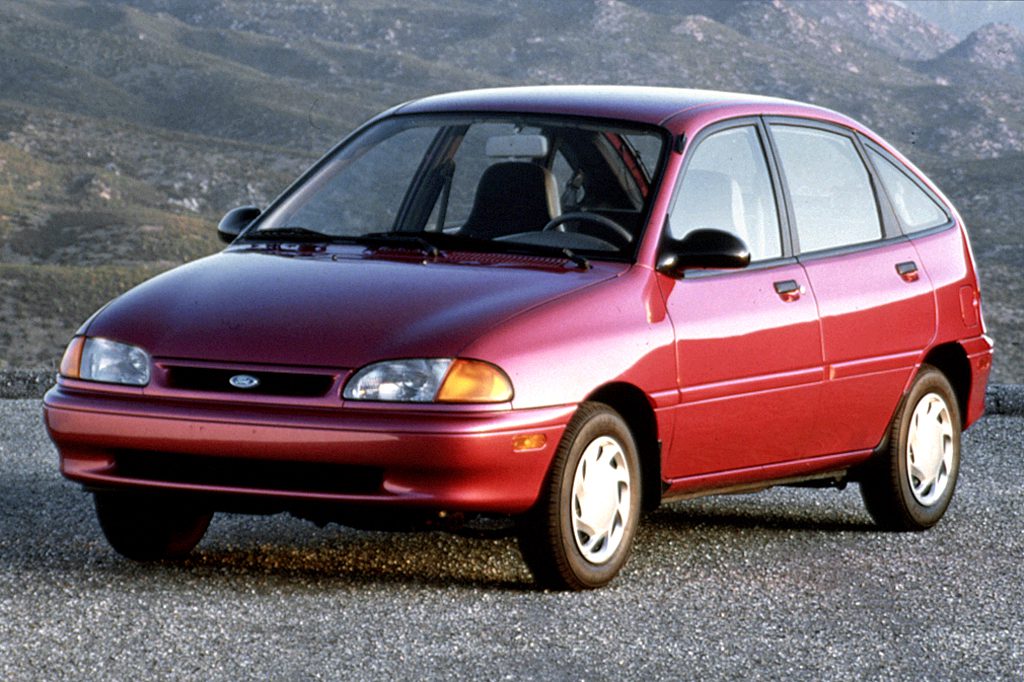Top Worst Ford Cars 2024: Models That Missed the Mark
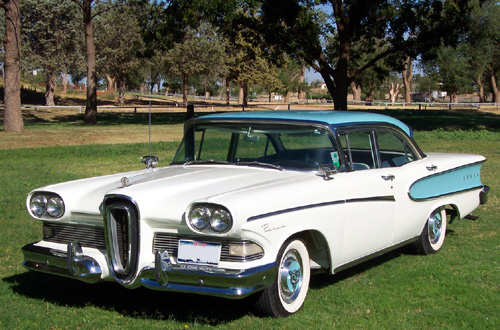
Ford has long been a symbol of American automotive ingenui
#1 Ford Pinto (1971-1980)
The Ford Pinto, produced from 1971 to 1980, is infamous for its severe design flaw in the fuel system, which made the car prone to catching fire in rear-end collisions due to its vulnerable fuel tank position. This issue, combined with Ford’s alleged decision to forgo fixes to cut costs, turned the Pinto into a symbol of corporate negligence. The controversy was further fueled by internal documents revealing that Ford calculated it would be cheaper to settle lawsuits from accidents than to fix the issue, making it one of the most notorious product liability cases in history.
#2 Ford Edsel (1958-1960)
The Ford Edsel (1958-1960) is often cited as one of the biggest commercia
#3 Ford Explorer (Early 2000s)
The early 2000s Ford Explorer faced major criticism due to its high rollover risk. The vehicle’s design featured a high center of gravity and a narrow track width, making it more prone to tipping over. This risk was exacerbated by defective Firestone tires, which were prone to tread separation. The combination of these factors led to numerous rollover accidents, some of which resulted in fatalities. The incident led to one of the largest tire recalls in history, severely damaging Ford’s reputation and sparking numerous lawsuits. The controversy highlighted the importance of vehicle stability and tire safety, leading to changes in both industries.
#4 Ford Focus (2012-2016)
The 2012-2016 Ford Focus struggled with significant transmission issues, particularly with its dual-clutch automatic transmission, known as the Powershift. The transmission was designed to improve fuel efficiency but instead caused shuddering, slipping, and jerking during operation. Thousands of customers complained about these issues, leading to recalls and multiple class-action lawsuits against Ford. The company had to provide extended warranties and buybacks for many affected vehicles. The widespread transmission problems damaged the Focus’s reputation for reliability and hurt Ford’s standing in the compact car market.
#5 Ford Taurus (1995-1999)
The third-generation Ford Taurus (1995-1999) faced criticism for its controversial oval-themed design and quality issues. The redesign was intended to modernize the car, but the oval shape was polarizing and led to a decline in its popularity. Additionally, the Taurus suffered from reliability problems, including issues with the transmission and head gaskets. These problems contributed to a decline in sales, causing the Taurus to lose its position as America’s best-selling car. The negative reception forced Ford to quickly redesign the Taurus for the
#6 Ford Fiesta (2011-2019)
The 2012-2016 Ford Focus is often regarded as one of the worst Ford cars due to its notorious transmission problems. The Ford Fiesta (2011-2019), particularly with its dual-clutch automatic transmission, is often cited among the worst Ford cars due to significant reliability problems. The transmission, aimed at improving fuel efficiency, instead led to shuddering and rough shifting. These issues resulted in numerous customer complaints, recalls, and legal actions against Ford. The problems were so widespread that Ford had to provide extended warranties and settle multiple class-action lawsuits. The Fiest
#7 Ford Thunderbird (2002-2005)
The retro-styled Ford Thunderbird (2002-2005) aimed to revive a classic but failed to impress due to its underwhelming performance, high price, and quality issues. Despite its nostalgic design, the Thunderbird lacked the power and driving dynamics expected of a modern sports car. It was also expensive for what it offered, making it a tough sell compared to competitors. Additionally, the car faced reliability concerns and build quality problems. These factors contributed to poor sales, leading to the Thunderbird’s discontinuation after just a few years.
#8 Ford Aspire (1994-1997)
The Ford Aspire (1994-1997) was a budget subcompact car that struggled to compete due to its lack of power, uninspiring design, and minimal features. The Aspire’s small engine produced insufficient power, resulting in sluggish performance. Its basic and unattractive design failed to attract buyers, and it lacked many features that were becoming standard in rival models. The Aspire struggled against more refined competitors like the Honda Civic and Toyota Corolla, which offered better value, reliability, and performance. Ultimately, the Aspire’s shortcomings led to its discontinuation after a brief production run.
